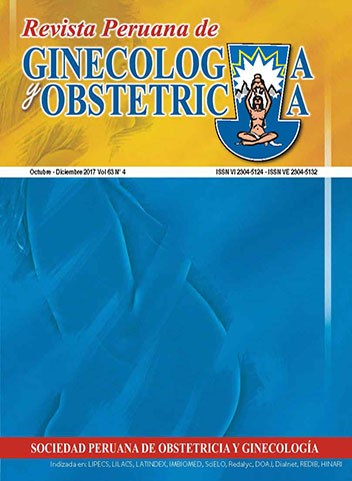Bioethics in human sexuality and reproduction
DOI:
https://doi.org/10.31403/rpgo.v63i2030Abstract
Ethics intended to shape the conditions and balance the development of the principles that then defined laws and helped create a world of rights that enthroned in some European societies; they established in their areas the control to the abuses that monarchies had established since immemorial times and which were then gradually replaced by democracy. The proposal of the WHO in 2006 orients the need to care for and educate on human sexuality. For this recognition sexual right was key and paramount. Among other trends bioethics tends to express a rather tolerant view against the radical positions that set clear limits to behaviors beyond what ‘nature’ could have established. Bioethics can bring in aspects of human reproduction. The reproductive process presents a formidable challenge to the doctor, because the challenges that science impose modified the fecundation-related most sensitive concepts, embryo development and birth, that apply in an extraordinary way to contraception, in vitro fertilization, cloning, therapeutic abortion and related methods that undoubtedly established a challenge to concepts of morality prevalent to the theological and moral adaptation of societies.Downloads
Download data is not yet available.
Downloads
Published
2018-01-27
How to Cite
Benavides Zúñiga, A. (2018). Bioethics in human sexuality and reproduction. The Peruvian Journal of Gynecology and Obstetrics, 63(4), 565–572. https://doi.org/10.31403/rpgo.v63i2030
Issue
Section
Simposio - Bioética y Atención de la Salud Sexual y Reproductiva
















